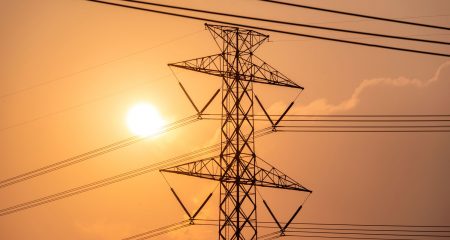
A total of 37 independent power producers (IPPs), who are affected by Eskom’s delay in signing power purchase agreements with them, have obtained legal opinion from respected senior advocate David Unterhalter on their rights.
On Wednesday, the South African Renewable Energy Council (Sarec), representing these IPPs, said in a statement that senior counsel at Webber Wentzel has issued a legal opinion letter, which confirms that preferred bidders are entitled to approach a court to enforce Eskom’s signature of power purchase agreements.
This follows as Eskom continues to resist being bound by obligations created as part of the department of energy’s renewable energy IPP procurement programme, hailed as one of the most successful worldwide.
Former Eskom CEO Brian Molefe and his successor, acting CEO Matshela Koko, have criticised the programme, complaining that the tariffs the department accepted are high.
Eskom has blamed these high tariffs for big increases in electricity tariffs and said Eskom has an oversupply from its own generation and doesn’t need the renewables.
The IPP agreements are based on determinations by energy minister Tina Joemat-Pettersson for the purchase of set amounts of renewable energy.
Unterhalter stated: “In our opinion, Eskom cannot sidestep the binding determination of the minister; they are bound by the ministerial determination, which includes signing the power purchase agreements.”
Unterhalter continued: “As an organ of state, Eskom cannot raise the reservation of rights in the RFP (request for proposals) to defeat a claim for substitutionary relief; nor can it refuse to conclude a power purchase agreement.”
“We are pleased that the legal opinion is so very clear in their opinion that Eskom has no such prerogative. This assures us of the strength of our legal position,” said Brenda Martin, chair of Sarec.
Sarec said local and foreign investors have responded very positively to the renewable energy procurement programme to date, partly because the rules have been clear and applied fairly and consistently. “The programme has secured nearly R200bn in new investment. Tampering with the rules at this stage can only damage confidence in both the programme and the country.”
Sarec said it has therefore come out strongly against Eskom’s attempt to bargain down the cost of energy after agreements are already in place, as it is a sure-fire route to destroying investor confidence and sabotaging South Africa’s economic interests.
“Legal opinion on this also confirms that ministerial determinations are binding on Eskom and that the utility has no discretion to impose further conditions on preferred bidders. What’s more, Eskom certainly has no legal authority to negotiate tariffs with already selected bidders,” added Martin.
- This article was originally published on Moneyweb and is used here with permission




